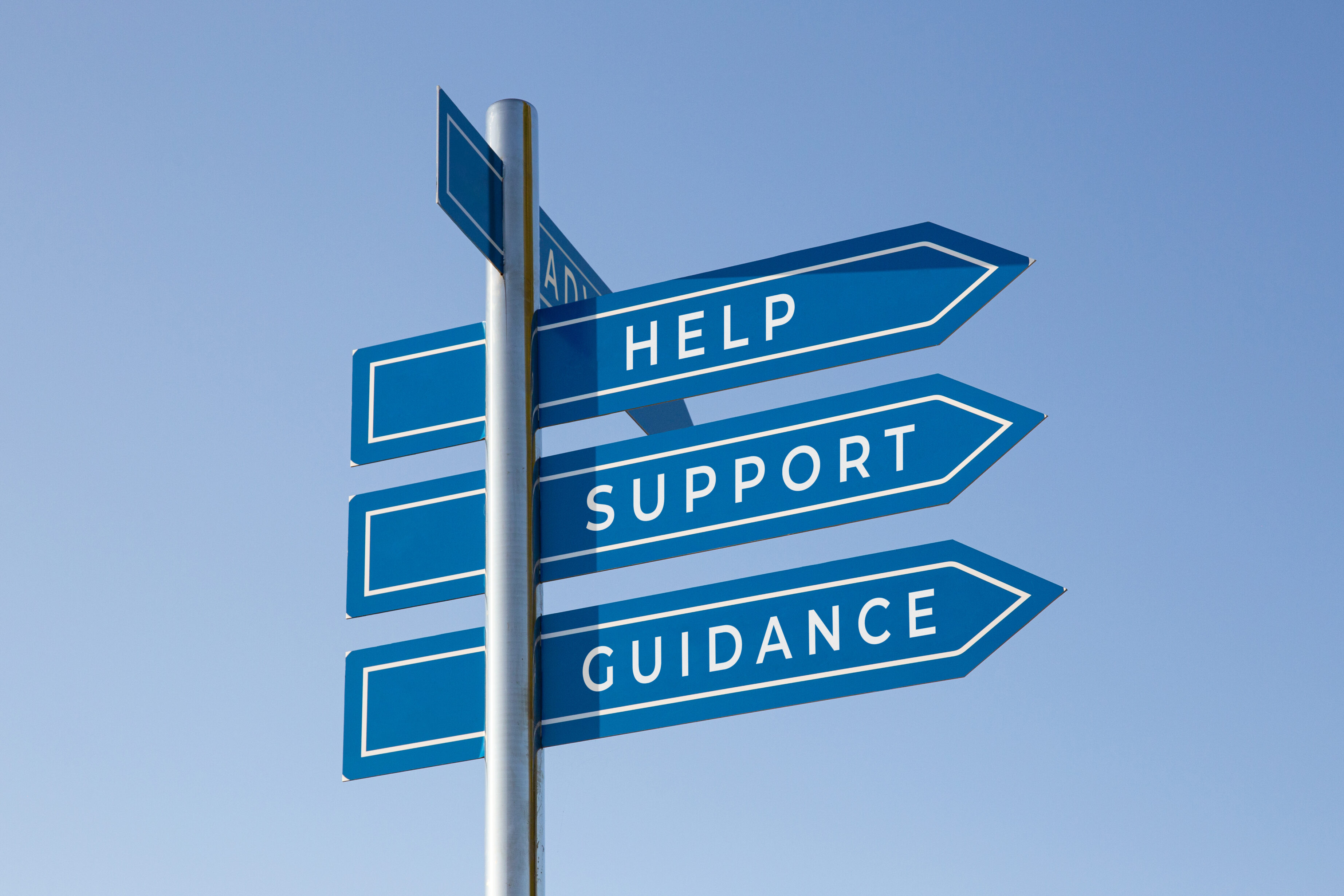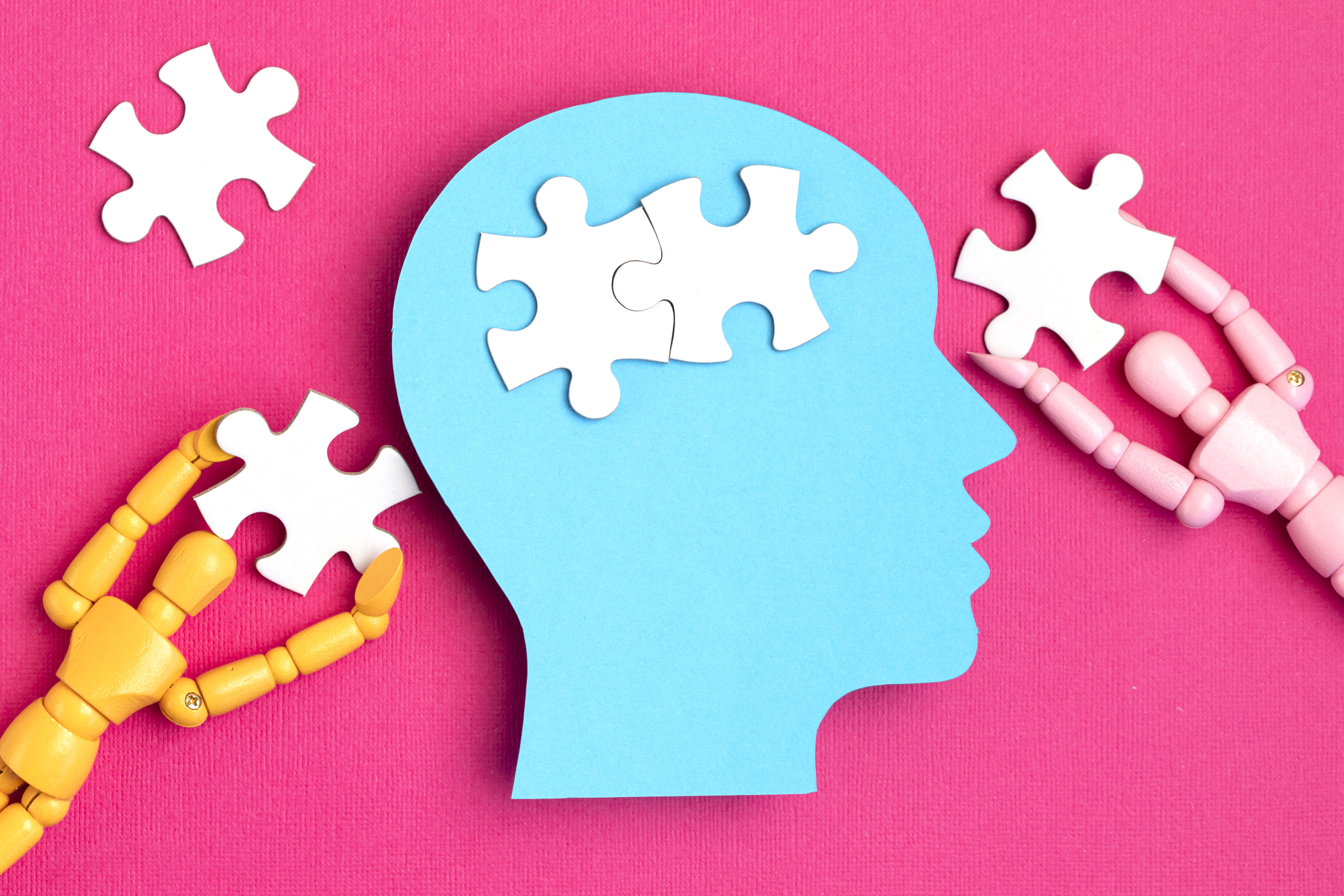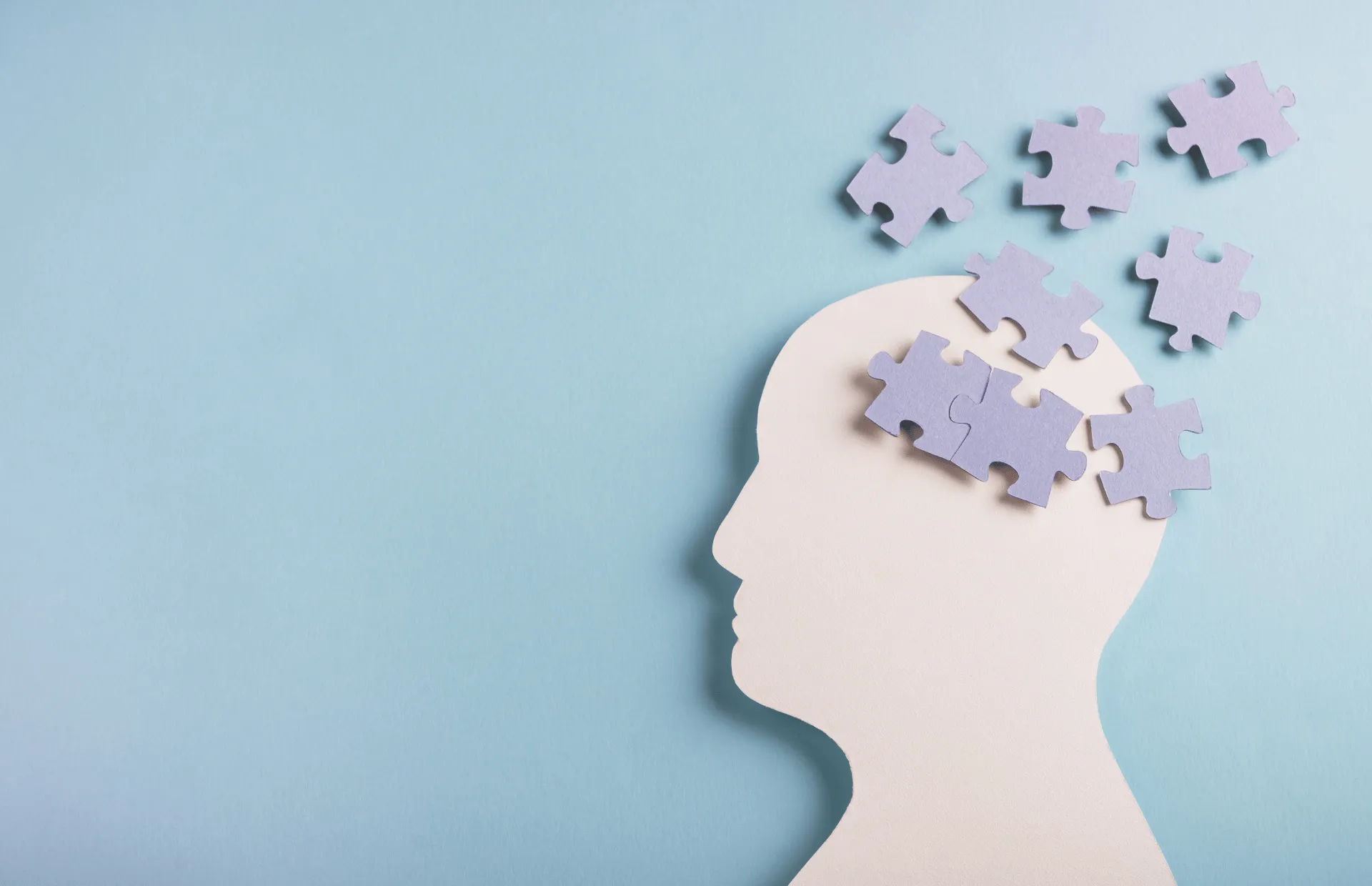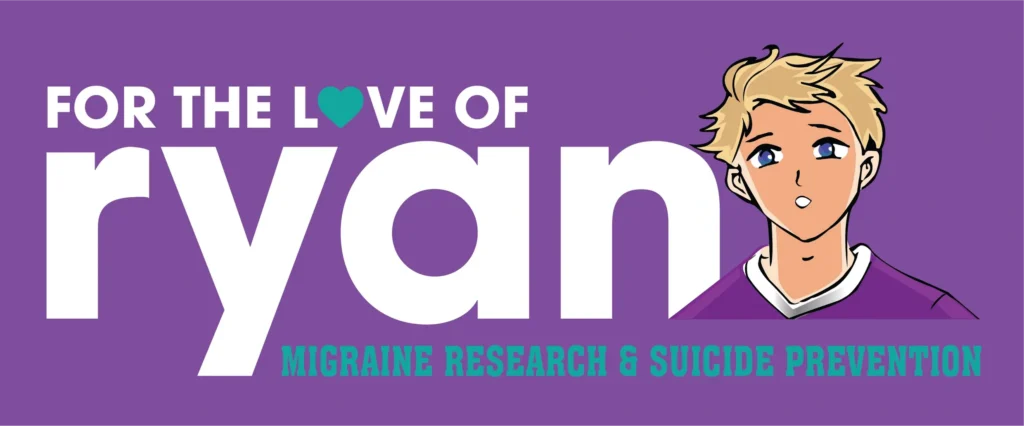For the millions who experience migraine, the debilitating effects extend far beyond the searing headaches. These neurological attacks can cast a long, dark shadow over one’s emotional wellbeing and quality of life. Emerging research illuminates the intimate link between migraine and increased risks of mental health conditions like depression and anxiety. In this article, we dive deep into dissecting the complex interplay between migraine and psychological distress, guided by expert insights.
The Neurological Underpinnings
At their core, migraine result from abnormal neurological activity involving dysregulation of brain chemicals and networks. Interestingly, many of the same neurological pathways and molecules implicated in migraine have also been linked to mood disorders:
Serotonin Imbalances: Low levels of serotonin, the “feel-good” neurotransmitter, are a common thread between migraine and depression. A 2019 review in Frontiers in Neurology highlights how serotonin deficiencies can trigger both conditions.
Cortical Spreading Depression: This wave of depressed neural activity in the brain’s cortex is thought to initiate migraine attacks. Fascinatingly, it may also disrupt mood regulation circuits, according to research by Rodrigues and Pardutz (2021).
Genetic Links: Certain genetic variations that increase migraine risk have also been associated with higher susceptibility to depression and anxiety disorders (Schur et al, 2016).
The Vicious Cycle
While the neurobiology is complex, the real-world impacts of migraine on mental health can manifest through a cruel, cyclical pattern:
The Threat of Pain: The mere possibility of an imminent, disabling migraine attack often provokes significant stress, anxiety, and dread in sufferers.
Disrupted Daily Life: Frequent, severe migraine force people to miss work, school, and social activities – disruptions that can breed feelings of detachment, low self-worth, and depression.
Stigma and Alienation: As an inherently invisible illness, migraine are often deeply misunderstood by others, fostering alienation and taking a toll on the mental health of sufferers.
A large 2012 study in Neurology found that people with chronic migraine were over 5 times more likely to develop anxiety and depression compared to migraine-free individuals.
Integrated Interventions: The Path Forward
While the links between migraine and mental health are concerning, hope lies in emerging research paving the way for treatments that address both fronts in an integrative manner:
Novel Migraine Drugs: Exciting new migraine therapies like anti-CGRP monoclonal antibodies (e.g. erenumab) which target a key migraine protein have shown promise in reducing attack frequency and severity while also improving symptoms of depression and anxiety (Atics et al, 2021).
Mind-Body Therapies: Psychobehavioral interventions like cognitive behavioral therapy, mindfulness meditation training, and stress management techniques can help “short-circuit” the cyclical connections by minimizing migraine triggers while boosting resilience against anxiety and low mood.
Lifestyle Optimization: Simple yet powerful lifestyle adjustments – engaging in regular exercise, prioritizing quality sleep, adopting migraine-friendly diets, and nurturing rich social connections – can be game-changers for both migraine and mental health management.
The Way Forward: Holistic, Compassionate Care
The complex, bidirectional interplay between migraine and psychological distress underscores the pressing need for multidisciplinary, holistic treatment models that address the “whole patient.”
No one should have to suffer in silence or feel alone in this battle. Organizations like For The Love of Ryan are vital for raising awareness, advocating for this integrative paradigm shift in migraine care, and providing invaluable support resources for families impacted by these conditions.
The road ahead in unraveling the migraine-mental health connection is undoubtedly long, but steadily becoming brighter. Through continued research investment, open dialogues to combat stigma, and compassionate community support systems, we can brighten the journey for those navigating this arduous terrain.
If you or a loved one is struggling with the mental health impacts of migraine, explore For The Love of Ryan’s resources on coping strategies, support groups, and accessing professional care.








